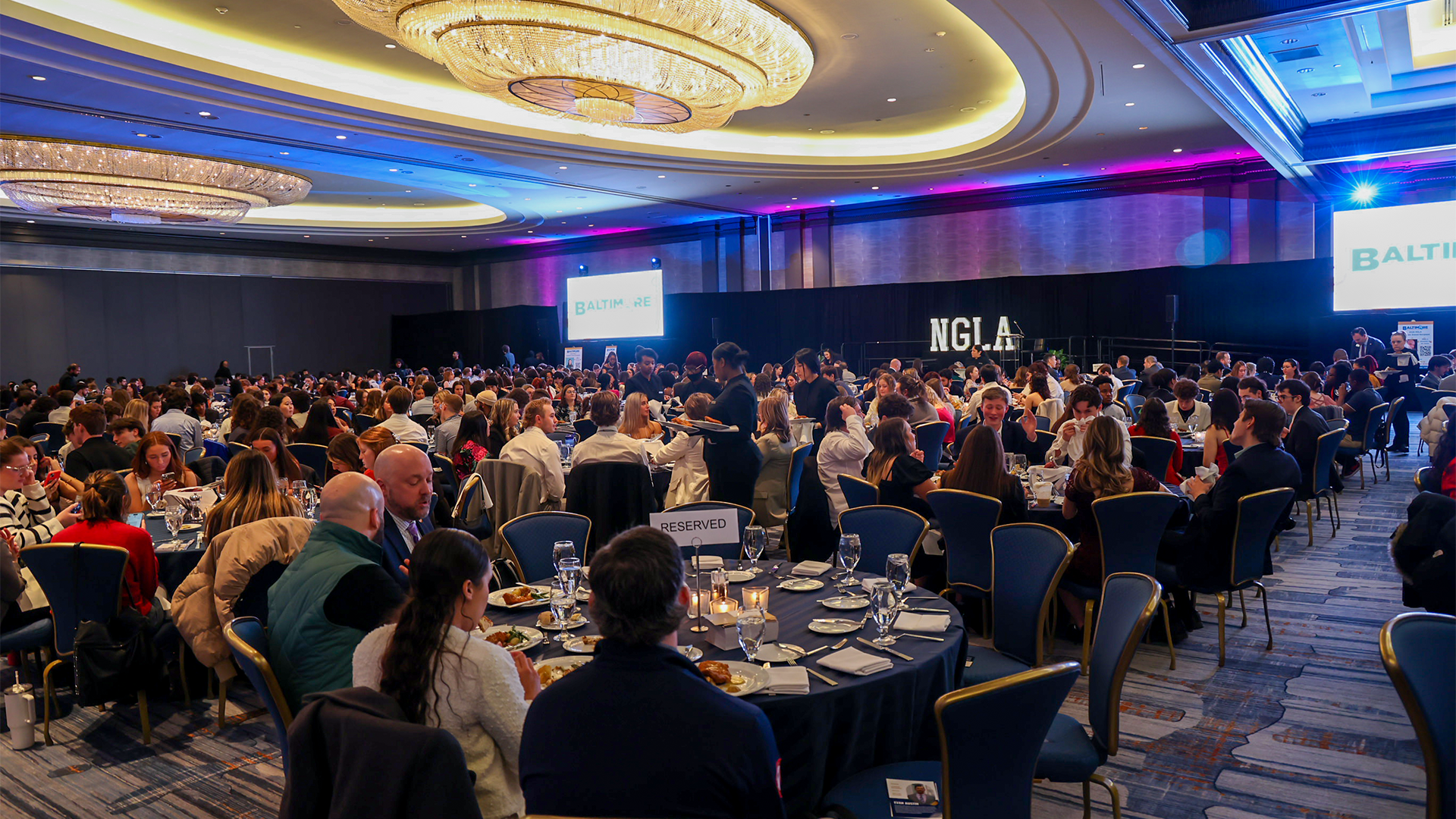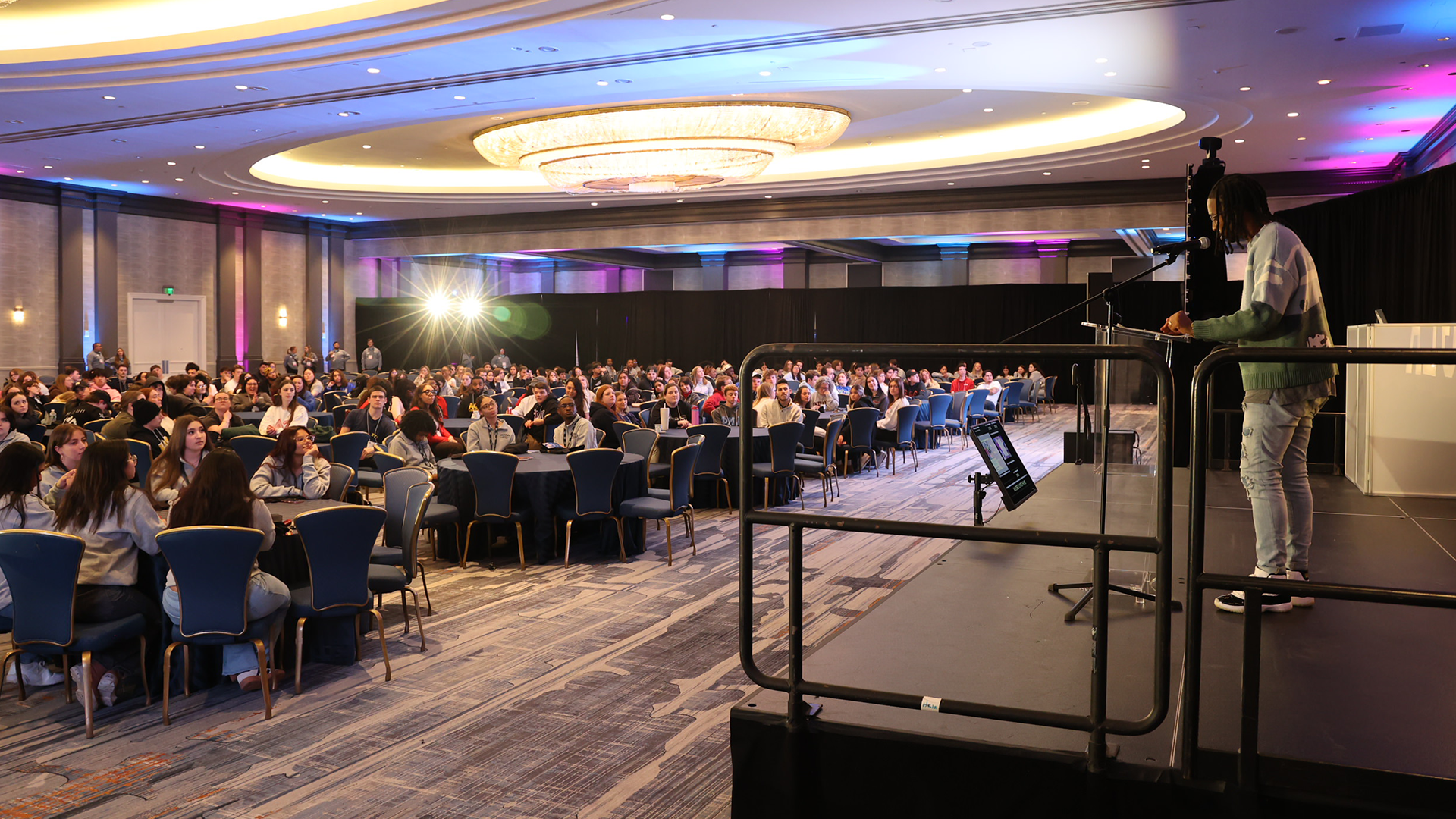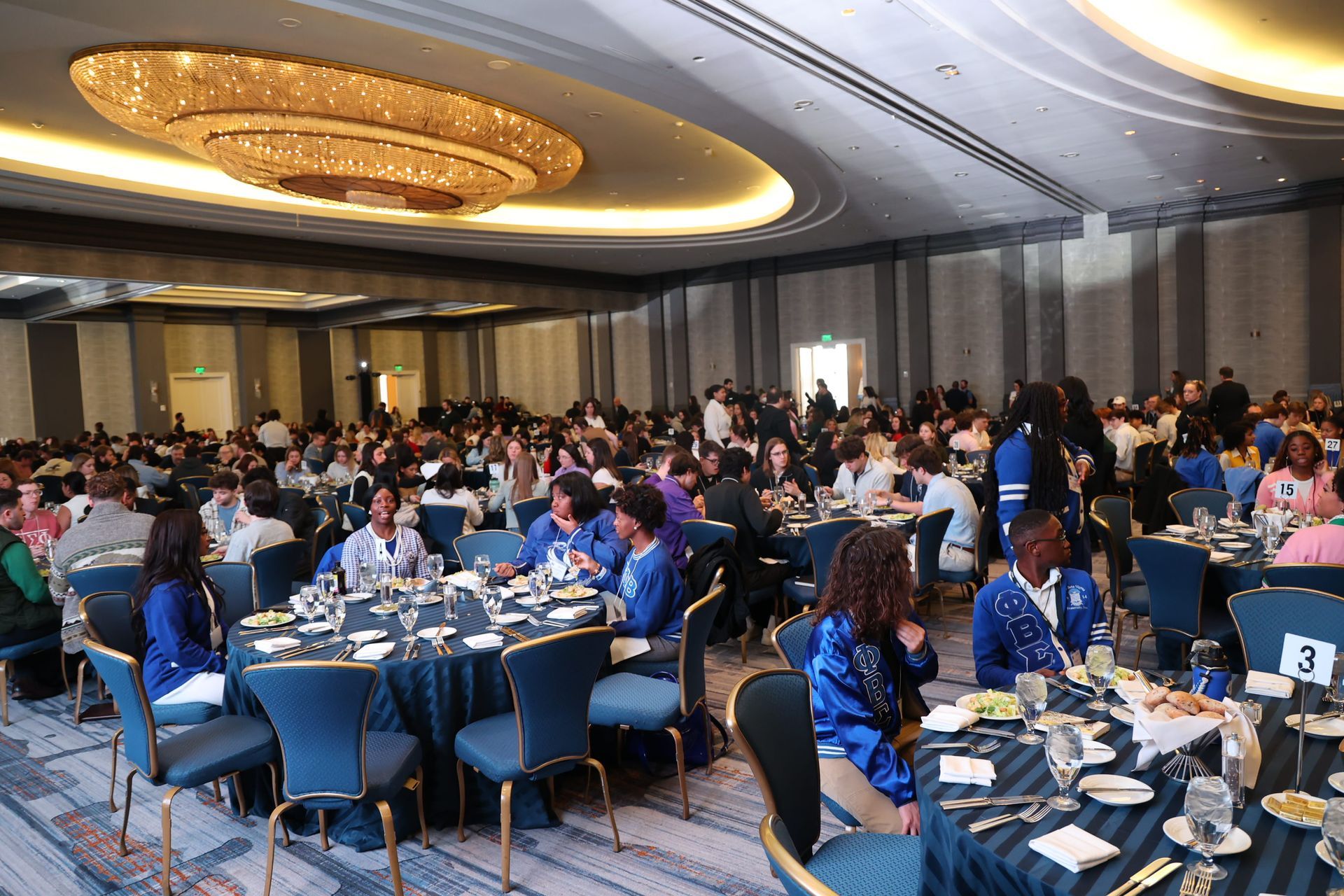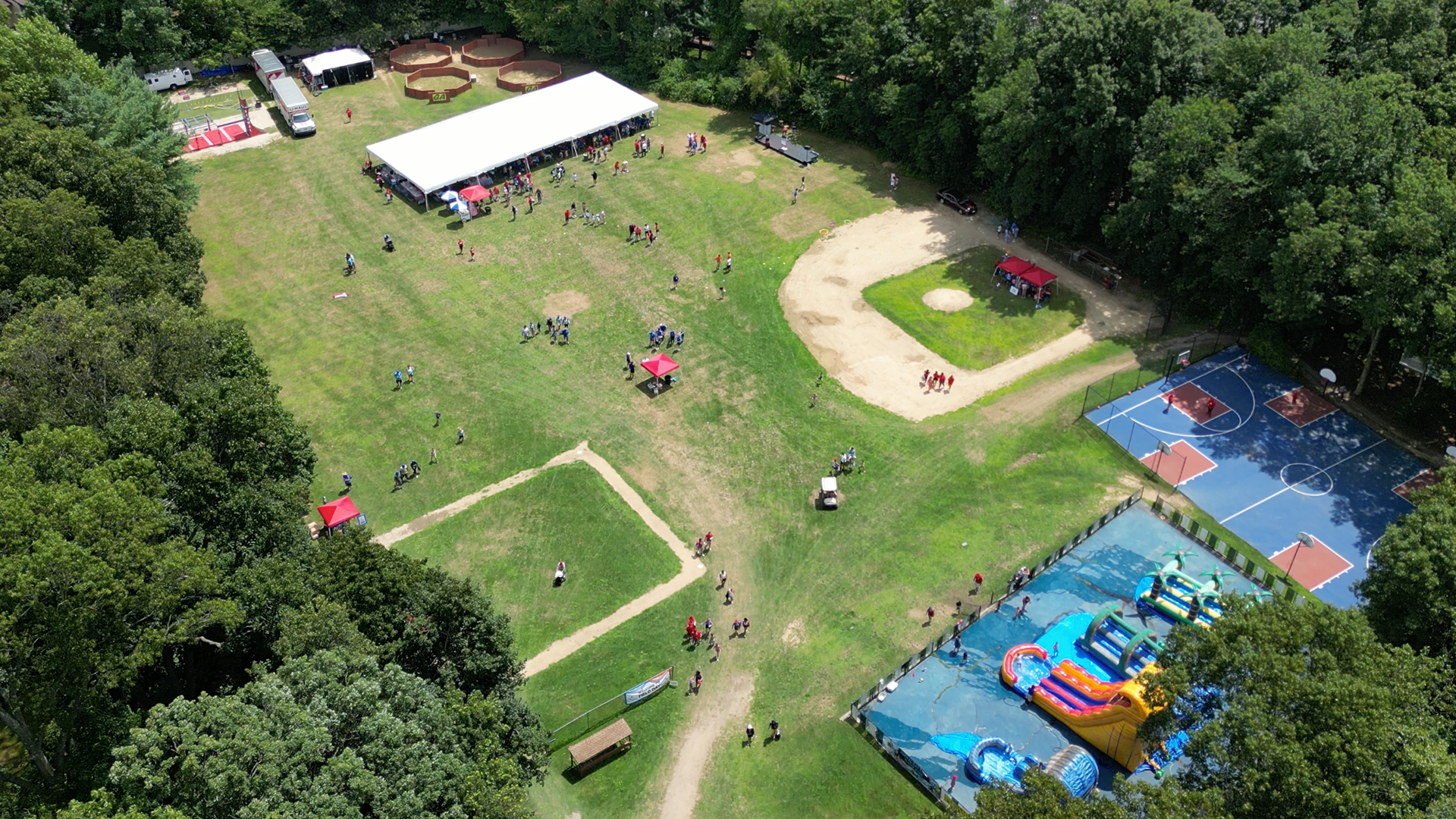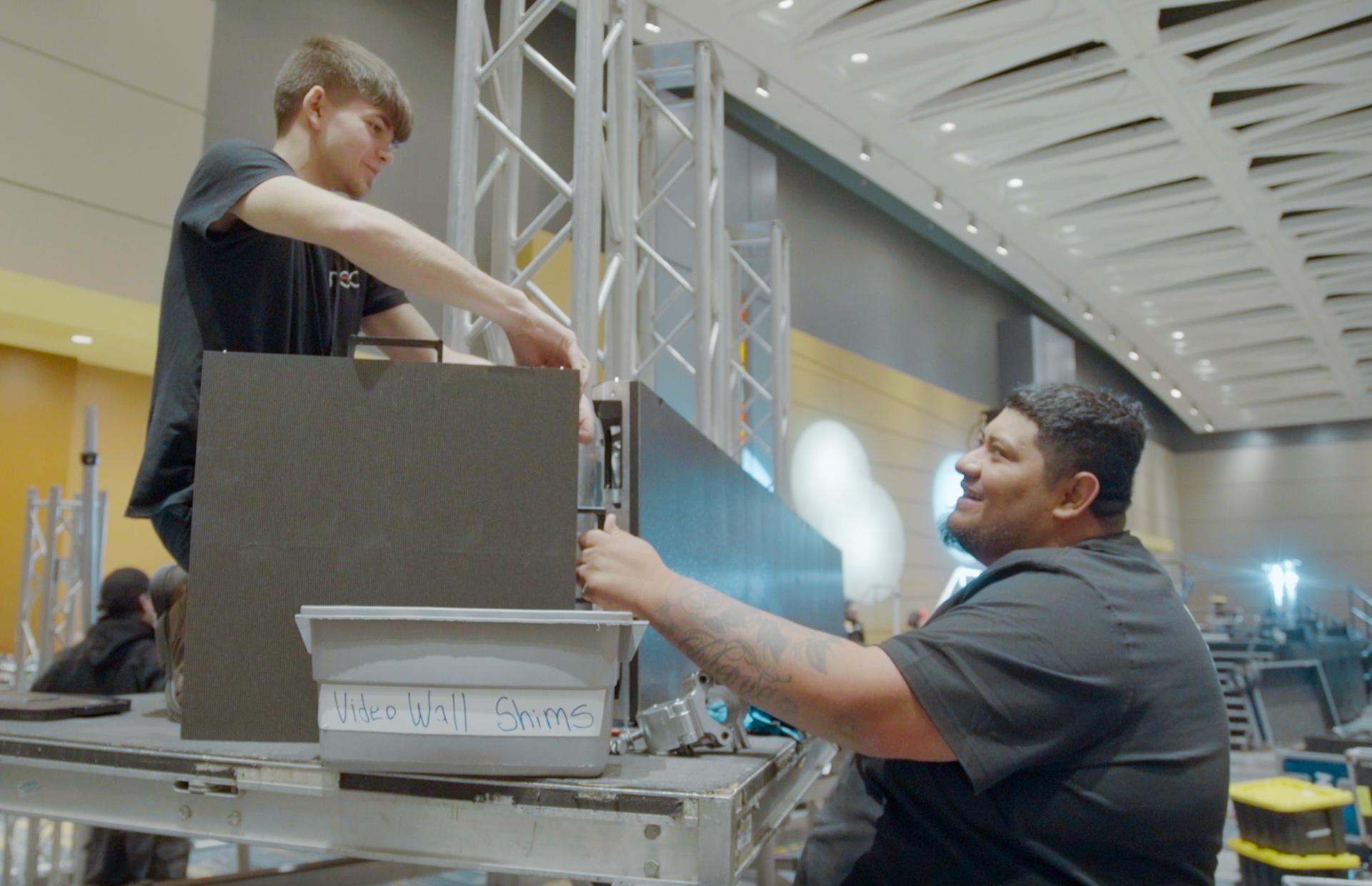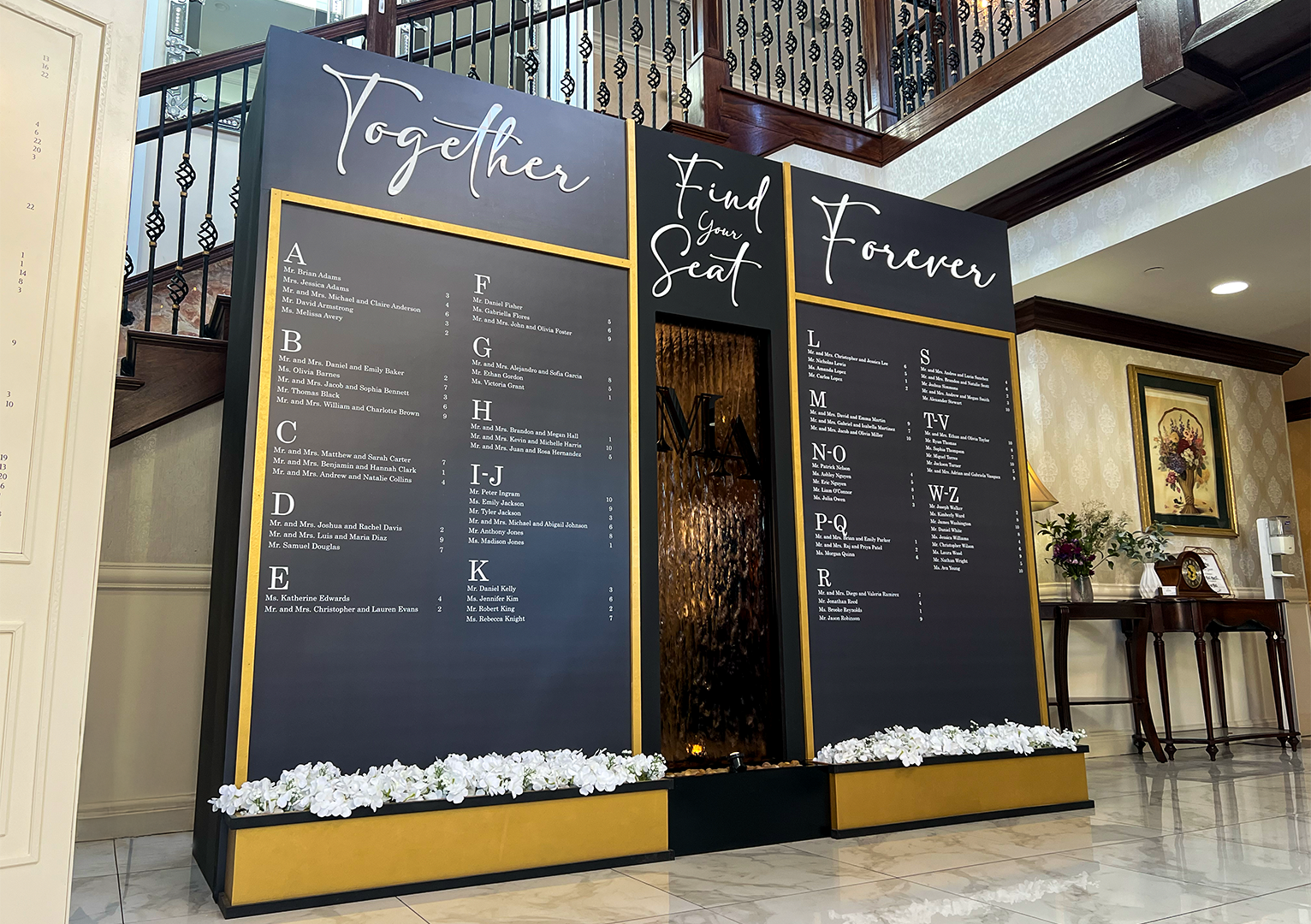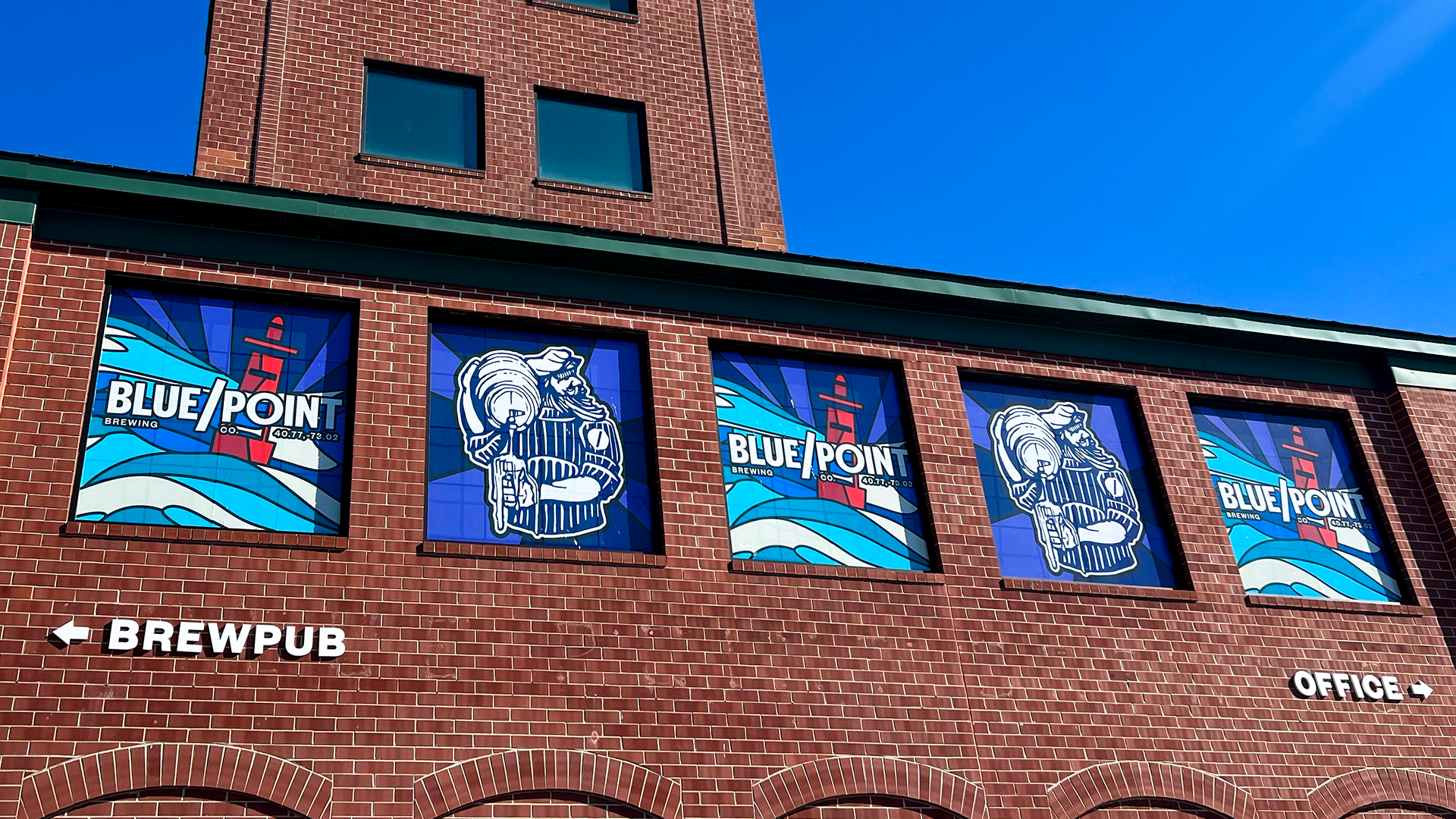Event Planning Tips: Limiting Stress in Your Event Plan
Stress in Planning an Event
Event planning can be both exciting and demanding, with numerous details to manage, from securing a venue to coordinating vendors, to overseeing the day-of success of your event. The constant changes and high stakes can quickly lead to heightened stress levels. In 2023, event planners ranked as the third most stressful job in the world according to a study by the World Scholarship Vault. However, stress can be mitigated with strategic planning and organization. Establishing clear objectives, understanding your audience, setting a budget, and selecting reliable vendors are crucial steps. Additionally, creating a detailed timeline and contingency plans, managing documentation, and ensuring effective communication among all parties can significantly reduce stress levels, making the event planning process more manageable. Here are key tips for reducing the potential for stress during your event planning process.
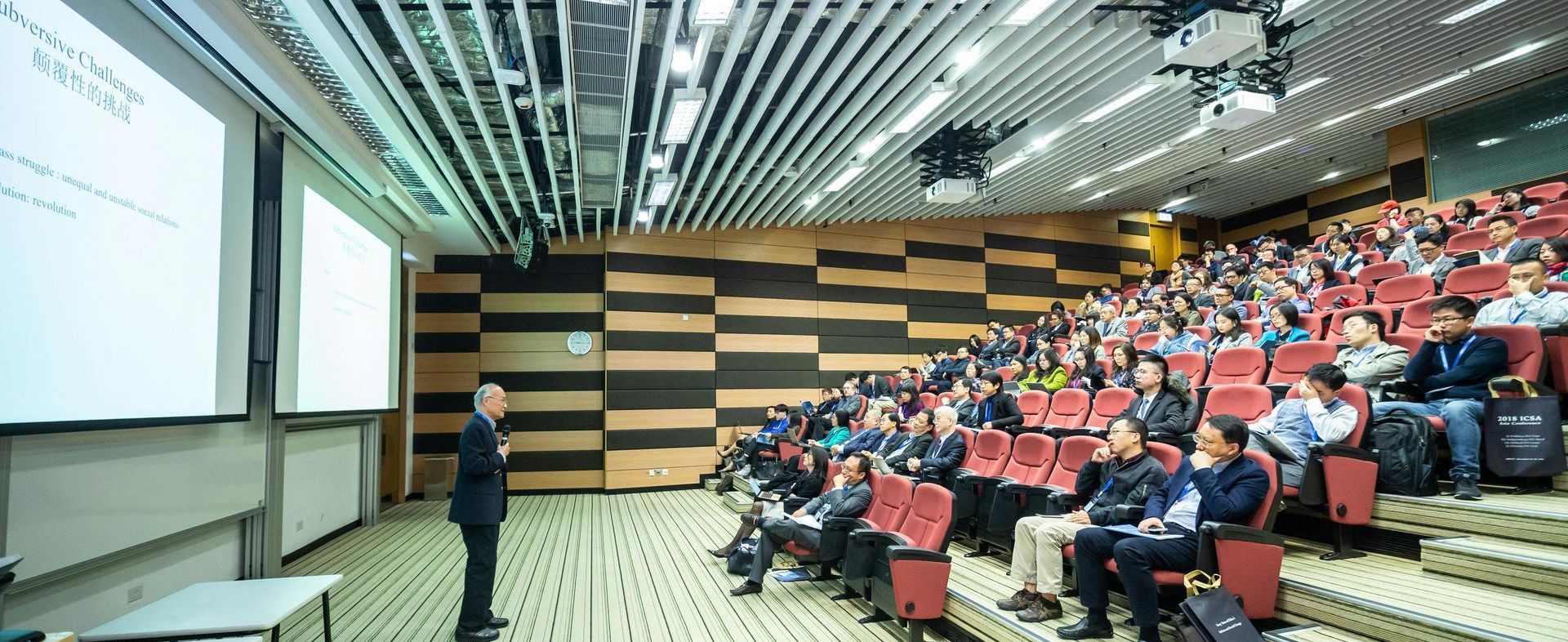
Establishing Event Objectives and Targets
Every event plan begins here. Clearly define the main objectives, whether it’s a celebration, networking, fundraising, or raising awareness. Understanding the core purpose allows you to create a focused plan that aligns with your goals. This alignment helps ensure that every aspect of the event, from activities to communications, resonates with attendees and meets your targets effectively. By having a clear vision, you can seamlessly guide your planning efforts and make decisions that support your overarching goals, as well as effectively communicate those goals with your team, contributing to a more cohesive and impactful event.
Knowing Your Audience
Tailoring your event to the preferences and interests of your audience is essential for success. Whether you're planning a promotional event to boost brand visibility or a fundraiser aimed at inspiring generosity, your strategy should reflect your audience's expectations. Use surveys, social media insights, or past event feedback to gather data about your attendees. This information helps you craft an experience that resonates with them, from the choice of activities and speakers to the event’s overall tone. Align your marketing efforts to speak directly to your audience, ensuring they feel personally invited and engaged. Don't be afraid to ask your vendors or other event industry professionals for their input as well. They'll be more than happy to lend you their expertise!
Setting a Budget
Having a clear budget is crucial for financial stability during event planning. Start by determining your total budget and allocate funds to different categories such as venue, catering, entertainment, and decor. Prioritize essential elements and set aside a contingency fund for unexpected expenses. Share your budget constraints with your vendors early on; this ensures transparency and helps them provide services that fit within your financial limits. Regularly track your spending to avoid any surprises and make adjustments as needed. By managing your budget effectively, you reduce financial stress and create a more organized planning process.
Familiarity with the Venue
Familiarity with your venue is a crucial aspect of event planning. Start by visiting the site and understanding its layout. Ask detailed questions about the venue's policies, like whether multiple events can occur simultaneously and the earliest setup times for vendors. Inquire about parking availability, accessibility, and any restrictions on decor or noise levels. Understanding the venue’s amenities and limitations helps you plan logistics more efficiently and avoid last-minute surprises. Coordinate closely with venue staff to ensure all technical requirements such as power access are met. This thorough preparation ensures a smoother event day, allowing you to focus on other critical aspects of your event.
Relying on Trusted Vendors
Selecting the right vendors is fundamental to ensuring your event runs smoothly. It's essential to choose vendors with a proven track record of reliability and professionalism. Ask for references and read reviews to gauge their reputation. Once chosen, maintain open communication to clearly outline your expectations and requirements. Regular check-ins can help keep everyone aligned and address any potential issues early. Trusted vendors not only bring their expertise but also peace of mind, allowing you to delegate responsibilities confidently. This partnership enables you to focus on your overarching event goals while knowing the logistical details are in capable hands.
Crafting an Event Plan
A detailed timeline is your blueprint for success. Outline every step, including vendor arrival and setup deadlines. If you're planning a large conference, keynote speaker times any breakout sessions should also be included in your timeline. If your event features presentations on screens, be sure to set deadlines prior to your event for speakers to submit any PowerPoint or video files for you to share with your production team. Coordinate with your venue to establish meal times and integrate them into your schedule. Map out any additional activities, such as entertainment or interactive segments, ensuring each component fits seamlessly into the overall timeline. Use planning software or tools to keep everything organized and accessible to your team. Ensure each team member knows their responsibilities and deadlines, helping to maintain smooth operations. This thorough planning minimizes last-minute chaos and ensures a cohesive event.
Creating Backup Plans
Unforeseen issues can arise, particularly for outdoor events. Prepare for weather-related challenges by securing a tent or scheduling a rain date. Identify potential risks such as technical failures or health emergencies and develop appropriate backup plans. Ask your vendors if they have spare equipment in the event of a technical issue, or a backup plan if the venue does not have sufficient power for their setup. Coordination with all stakeholders is crucial; ensure everyone is aware of contingency measures and knows their roles if an issue occurs. Regularly review and update these plans as your event approaches to adapt to any new risks or changes in circumstances. Being proactive helps you handle unexpected situations calmly and efficiently.
Organizing Event Documents
Keeping organized documentation is a key part of seamless event execution. Create a centralized folder to store all important documents, including contracts, timelines, floor plans, and contact lists. Use both physical copies and digital backups to ensure you have access to these materials at all times. During meetings, take detailed notes and update your records accordingly. Label and categorize files clearly so that you can quickly locate information when needed. Share relevant documents with your team to ensure everyone is on the same page. Regularly review and update your documentation to reflect any changes or new developments. Living documents, such as Google Docs or Google Sheets, are great tools for keeping information up to date for all parties involved. Properly managed documentation helps you stay organized, making it easier to coordinate all the moving parts of your event.
Effective Communication
Clear and consistent communication is the backbone of successful event planning. Start by establishing a communication plan that details how and when updates will be shared with your team and vendors. It's essential to maintain open lines of communication, allowing team members to ask questions and provide updates. When discussing your event details over email, CC'ing everybody related to those details will ensure a smooth flow of information, reducing stress later.
Regular meetings, both in-person and virtual, can help ensure everyone is aligned and aware of their responsibilities. Encourage feedback and be responsive to any concerns raised by your team or vendors. Additionally, during site visits, make sure all logistical details are clearly communicated, such as load-in times and paths, technical requirements, and any specific instructions related to the venue. This helps to prevent misunderstandings and ensures that everyone is prepared for their tasks. Effective communication fosters a collaborative environment, enabling you to address issues proactively and ensure a seamless event experience.
Enjoy Your Event!
Embrace the moment and immerse yourself in the experience you've worked so hard to create. Interact with attendees, listen to their feedback, and observe their reactions to the different elements of the event. This hands-on engagement not only allows you to gauge the success of your planning but also offers valuable insights into what resonated well and what could be improved. Take the opportunity to network and build relationships; these connections can be beneficial for future events. Document memorable moments with photos or videos, capturing the atmosphere and energy of the event. These can serve as promotional material for future events and as a personal reminder of your achievements. Allow yourself to step back occasionally to enjoy the ambiance, the smiles, and the sense of accomplishment that comes with executing a successful event. This moment of enjoyment is a well-deserved reward for your dedication and hard work.
Monitoring and Assessing
Evaluating your event's performance is crucial for ongoing improvement and success in event planning. Start by gathering feedback from attendees, vendors, and team members. This can be done through surveys, follow-up emails, or direct conversations. Focus on both qualitative and quantitative data to get a well-rounded understanding of the event's strengths and areas for improvement.
Analyze key metrics such as attendance numbers, engagement levels, and budget adherence. Compare these against your initial objectives and goals to measure the event's overall success. Take note of any deviations from your plan and investigate the reasons behind them. Understanding these factors will help you refine your strategies and processes for future events.
Review any challenges or issues that arose during the event and assess how they were handled. Identify what worked well in your contingency plans and where there is room for improvement. This reflection helps in creating more robust plans for future events, making you better prepared for unforeseen circumstances.
Remember to celebrate the successes as well. Acknowledging the positive aspects of the event boosts team morale and reinforces good practices. By systematically monitoring and assessing each event, you build a knowledge base that contributes to more effective and less stressful planning processes in the future. This continuous learning approach ensures that each event you plan is better than the last, steadily reducing stress and increasing overall satisfaction.
Enjoyed this article? Discover more on our Event Production Blog.
Contact Details
1507 Smithtown Ave #1, Bohemia, NY 11716, United States
NYC Office
Links
We use cookies to ensure that we give you the best experience on our website. To learn more, visit our Privacy Page.
